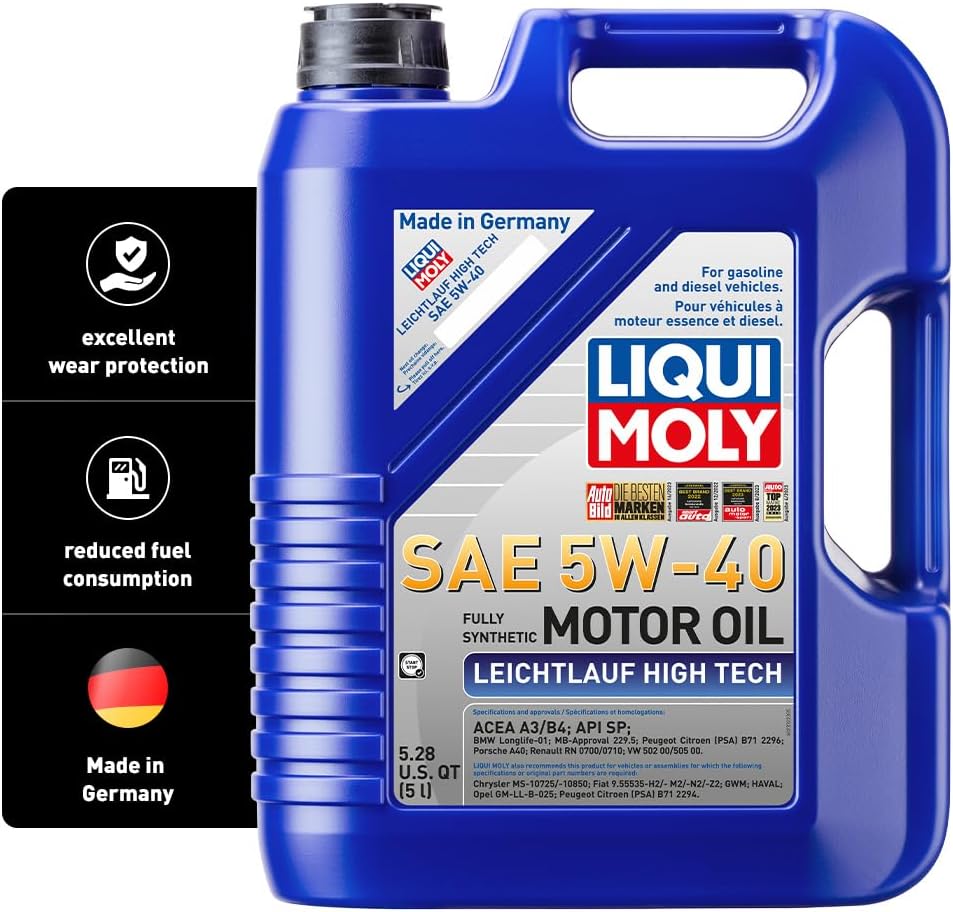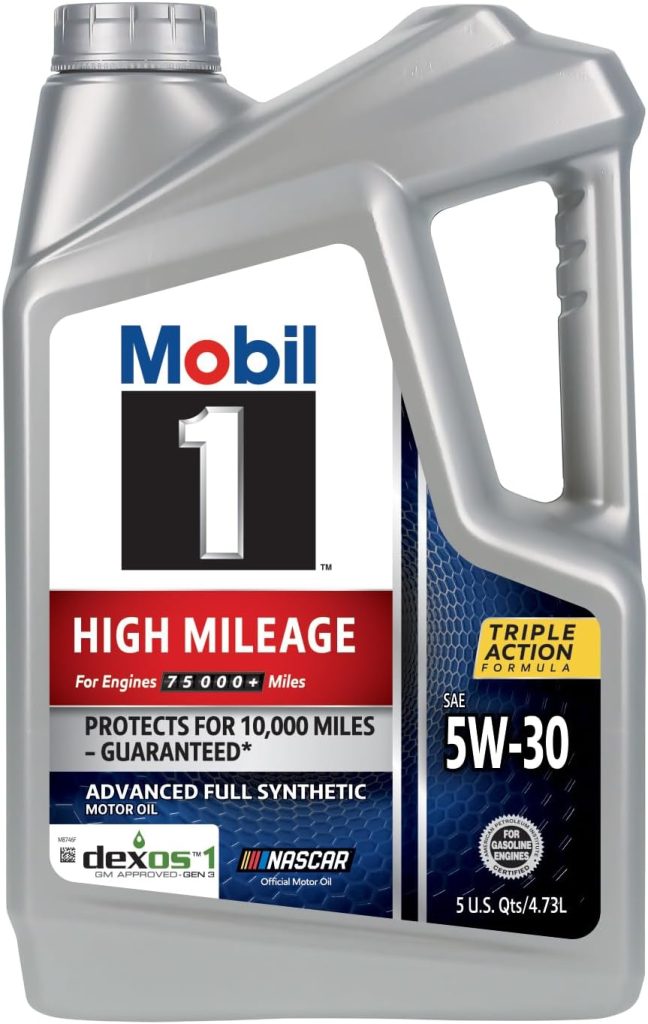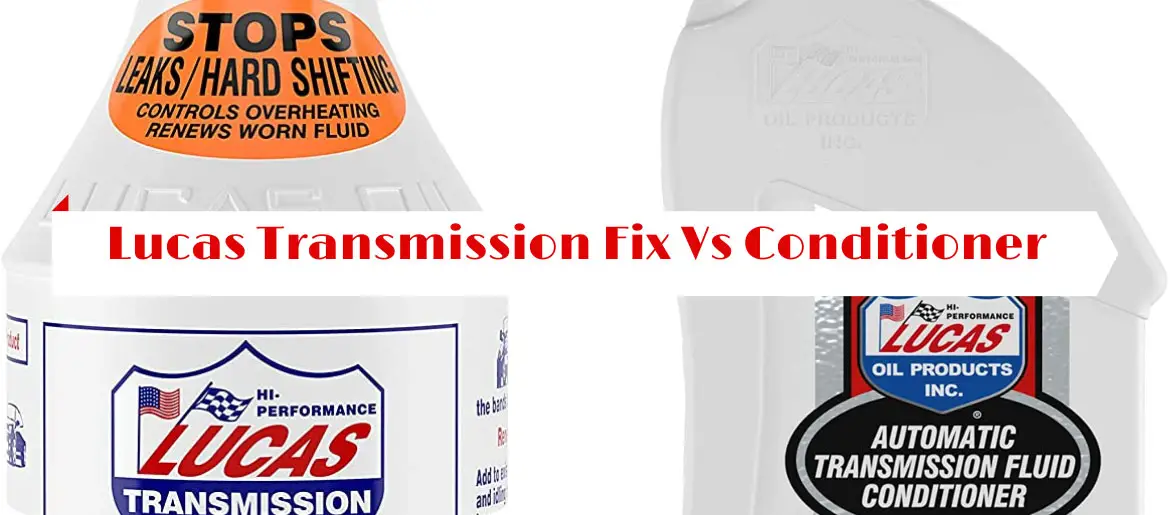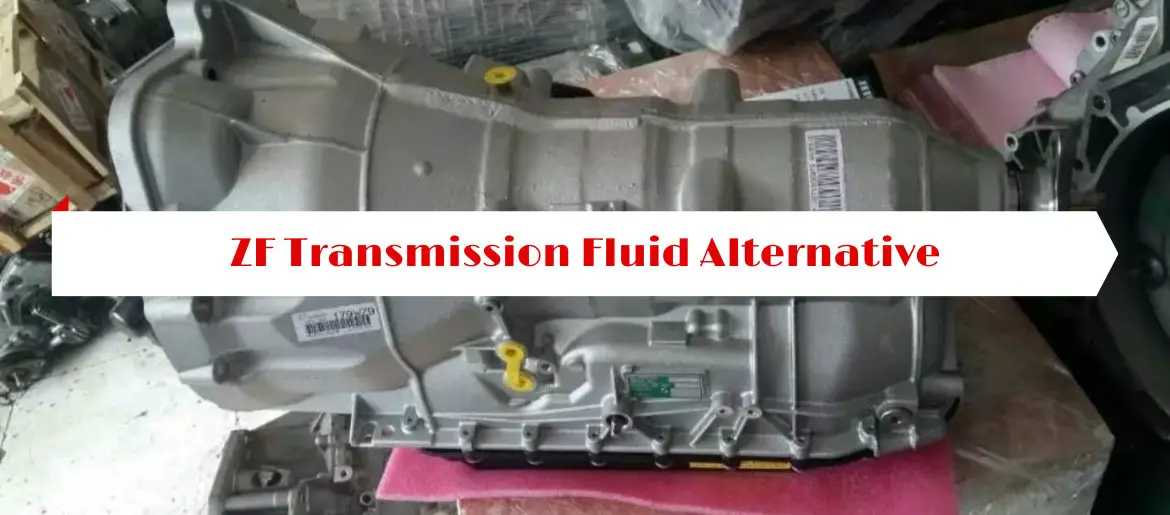Liqui Moly Vs Mobil 1: Which Synthetic Oil Is Better for Your Car?
Liqui Moly vs Mobil 1 is one of the most debated comparisons in synthetic motor oil. Both brands deliver strong engine protection, but differ in additive technology, viscosity options, OEM approvals, and long-term performance. Liqui Moly is known for German-engineered oil blends, while Mobil 1 is favored for its wide availability and proven high-temperature stability.
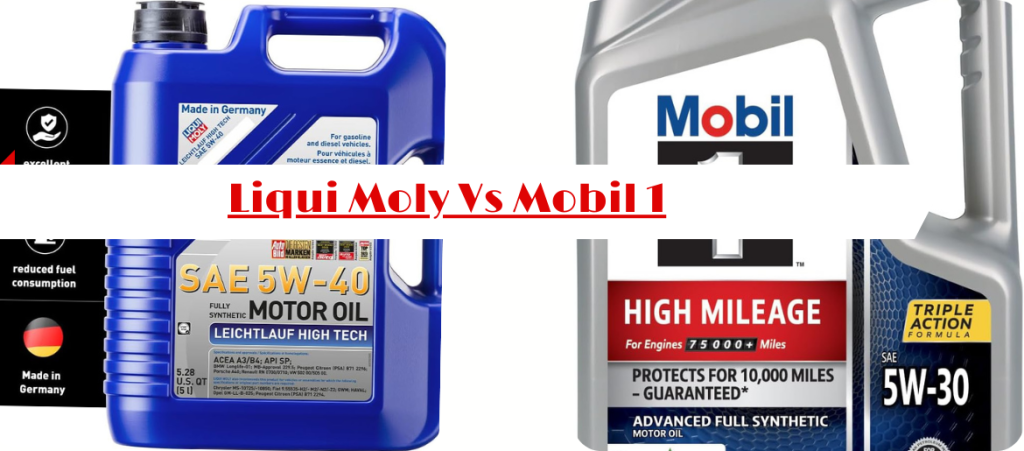
Quick Comparison: Liqui Moly Vs Mobil 1
| Feature | Liqui Moly | Mobil 1 |
|---|---|---|
| Origin | Germany – Premium additive technology | USA – Industry leader in synthetic oils |
| Oil Type | Fully synthetic & specialized blends | Fully synthetic with broad lineup |
| Additive Technology | Molybdenum disulfide (anti-friction) | Proprietary SuperSyn & antioxidants |
| Performance | Excellent in European cars, smooth drive | Racing-tested, high-temp stability |
| Viscosity Range | Strong Euro specs (0W-40, 5W-40, 10W-60) | Broad (0W-20 to 15W-50) |
| OEM Approvals | BMW, Mercedes, Audi, VW, Porsche | GM, Ford, Toyota, Honda, Euro & US OEMs |
| Price | Premium pricing | More affordable, widely available |
| Best For | Euro cars, enthusiasts, wear reduction | Daily drivers, extended oil changes |
Why Drivers Compare Liqui Moly Vs Mobil 1
When car owners search Liqui Moly vs Mobil 1, they typically want answers about:
- Engine wear protection – Which oil reduces long-term friction better.
- High-temperature stability – Which oil handles heat from performance engines or hot climates.
- OEM oil approvals – Ensuring the oil meets manufacturer specs for warranty compliance.
- Price and availability – Mobil 1 is common in U.S. stores, while Liqui Moly is considered premium.
- Best synthetic oil for European cars – Many BMW, Audi, and Mercedes owners wonder if Liqui Moly is superior for Euro-spec engines.
Liqui Moly: German Engineered Oil
Liqui Moly was founded in 1957 and is named after molybdenum disulfide (MoS₂), an additive still used in its oils to minimize metal-to-metal contact. It is a top choice for drivers who prioritize smooth operation and reduced wear—especially in European luxury and performance cars.
Key Strengths of Liqui Moly
- Advanced anti-friction additives like MoS₂ for longer engine life.
- German-engineered oil designed for European automaker requirements.
- OEM approvals from BMW, Mercedes-Benz, VW, Audi, Porsche.
- Excellent cold-start protection and stable viscosity under stress.
Potential Drawbacks
- More expensive (~$9–$12 per quart).
- Limited availability compared to Mobil 1 in the U.S.
- Best suited for modern Euro cars rather than older daily drivers.
Mobil 1: America’s Synthetic Oil Leader
Mobil 1, introduced in the 1970s, was among the first fully synthetic oils and remains a trusted name worldwide. It is the factory-fill oil for many automakers and widely used in motorsports.
Key Strengths of Mobil 1
- High-temperature stability proven in racing and turbocharged engines.
- OEM oil approvals across U.S., Japanese, and European manufacturers.
- Affordable pricing (~$6–$9 per quart).
- Huge viscosity range, from 0W-20 to 15W-50, covering nearly every vehicle type.
- Extended oil change intervals with certain formulations.
Potential Drawbacks
- Some enthusiasts say it feels less “refined” in high-end Euro cars compared to Liqui Moly.
- Focus is more on wide coverage than boutique additive packages.
Head-to-Head: Liqui Moly Vs Mobil 1
1. Engine Wear Protection
- Liqui Moly uses molybdenum-based additives that coat internal parts, reducing wear and ensuring smoother idle. It’s especially effective in high-mileage cars or performance engines.
- Mobil 1 relies on antioxidants and SuperSyn technology for oxidation resistance, preventing sludge and breakdown under stress.
➡ Verdict: Liqui Moly excels in engine wear protection, while Mobil 1 wins in oxidation control and sludge prevention.
2. High-Temperature Stability
- Mobil 1 high-temp stability is well-documented in racing and extreme climates. Oils like Mobil 1 Extended Performance maintain viscosity at over 400°F.
- Liqui Moly is also heat resistant, especially in 10W-60 blends used in performance cars, but it’s more tailored for European tolerances.
➡ Verdict: Mobil 1 edges ahead in extreme temperature endurance.
3. Viscosity Range & Options
- Liqui Moly viscosity options include Euro-specific blends like 0W-40, 5W-40, and 10W-60—perfect for German cars.
- Mobil 1 offers a broader lineup, including 0W-20 (common for modern Japanese and U.S. engines) all the way to 15W-50 for high-performance cars.
➡ Verdict: Mobil 1 wins for flexibility and availability, while Liqui Moly wins for Euro-focused blends.
4. OEM Oil Approvals
Liqui Moly is certified by BMW LL-01, Mercedes 229.5, VW 502.00/505.00, Porsche A40.
- Mobil 1 holds API, ILSAC, ACEA certifications plus OEM approvals from GM Dexos, Ford WSS specs, Toyota, Nissan, Honda, and European makers.
➡ Verdict: Mobil 1 has broader global coverage, though Liqui Moly is excellent for European cars.
5. Price & Value for Money
- Liqui Moly: ~$9–$12 per quart.
- Mobil 1: ~$6–$9 per quart, often discounted in bulk packs at U.S. retailers.
➡ Verdict: Mobil 1 is more budget-friendly, while Liqui Moly justifies its premium with boutique additives.
Which Should You Choose?
- Choose Liqui Moly if:
- You own a BMW, Audi, Mercedes, or Porsche.
- You want engine wear protection with German additive technology.
- Cost is less important than premium performance.
- Choose Mobil 1 if:
- You want affordable synthetic oil with OEM oil approvals across many brands.
- You drive a daily commuter, Japanese, or American car.
- You value long drain intervals and high-temp performance.
Expert Tip: Match Oil to Your Driving Style
Remember: the best synthetic oil for European cars may not be the best for a daily commuter in Texas heat. Always follow manufacturer viscosity recommendations (e.g., Mobil 1 0W-20 for Honda/Toyota vs Liqui Moly 5W-40 for Audi/BMW).
Conclusion
In the Liqui Moly vs Mobil 1 debate, both oils perform exceptionally well. Liqui Moly is a premium choice for enthusiasts and Euro car owners seeking reduced wear and smooth operation, while Mobil 1 stands out for affordability, high-temp stability, and broader OEM coverage.
At the end of the day, consistent oil changes and proper viscosity matter more than the logo on the bottle.
FAQs: Liqui Moly Vs Mobil 1
1. Is Liqui Moly better than Mobil 1 for BMW or Audi?
Yes, many German automakers approve Liqui Moly, making it one of the best synthetic oils for European cars.
2. Is Mobil 1 better for high-temperature engines?
Yes, Mobil 1’s high-temp stability makes it a top choice for turbocharged, racing, and hot-climate vehicles.
3. Can I use Liqui Moly in American or Japanese cars?
Yes, but Mobil 1 availability in the U.S. and its wide OEM approvals make it a more convenient fit.
4. Which oil lasts longer between changes?
Mobil 1 is designed for long drain intervals, while Liqui Moly focuses more on engine wear protection.
5. Are Liqui Moly additives really better?
Liqui Moly’s molybdenum-based additives reduce friction effectively, but Mobil 1’s antioxidant package excels in preventing sludge and oxidation.

